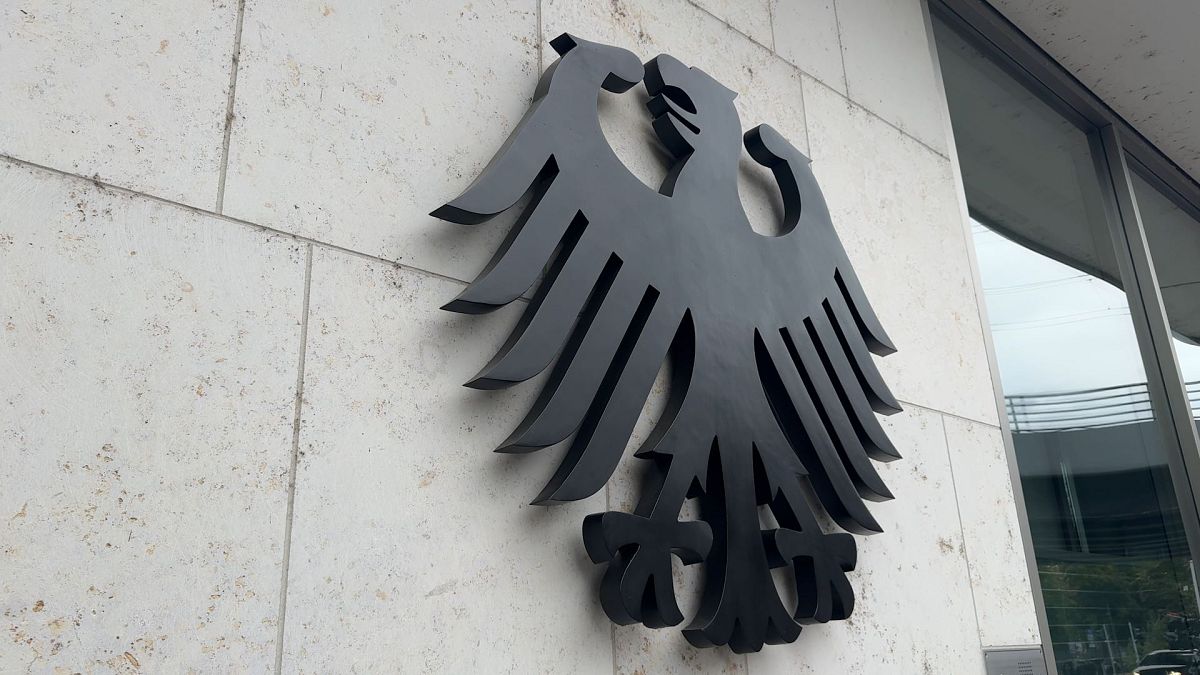Germany is planning to tighten its border controls with neighboring countries such as France, Belgium, the Netherlands, Denmark, and Luxembourg following a series of deadly migrant attacks that have sparked public outrage. These stricter measures are set to remain in place for at least six months as a “last resort” after the ruling government failed to come to an agreement with the opposition party CDU on effective migration controls. The move comes as the far-right gains traction in recent state elections, with security being a top priority among voters.
The German government has already implemented tighter controls at the Austrian, Swiss, Czech, and Polish borders in an effort to return thousands of migrants. The newly proposed measures will allow police to deny entry to migrants, with reports indicating that 30,000 migrants have been turned back at the border with Austria over the past 11 months. Germany has also resumed deportations to Afghanistan for the first time since the Taliban took power in 2021, despite concerns about the safety of refugees and asylum seekers.
The decision to tighten border controls comes amid a growing anti-migration sentiment in Germany over the past nine years, particularly following the influx of 1 million refugees from countries like Syria in 2015. The far-right and far-left parties have been leveraging this sentiment to gain political support, especially in light of the asylum granted to another million Ukrainians fleeing Russia’s invasion. However, a recent study by the German Economic Institute shows that foreign workers have contributed significantly to the economy, generating €24.6 billion in revenue in the east German states between 2018-2023.
Experts warn that while the far-right may not have enough votes to govern alone, there is a risk that left-leaning parties may start adopting far-right policies to win back voters. This shift could intensify as the country approaches federal elections next year. The political landscape in Germany is becoming increasingly polarized, with security concerns and migration policies taking center stage. It remains to be seen how the government and opposition parties will navigate these challenges and address the underlying issues fueling the rise of the far-right.








